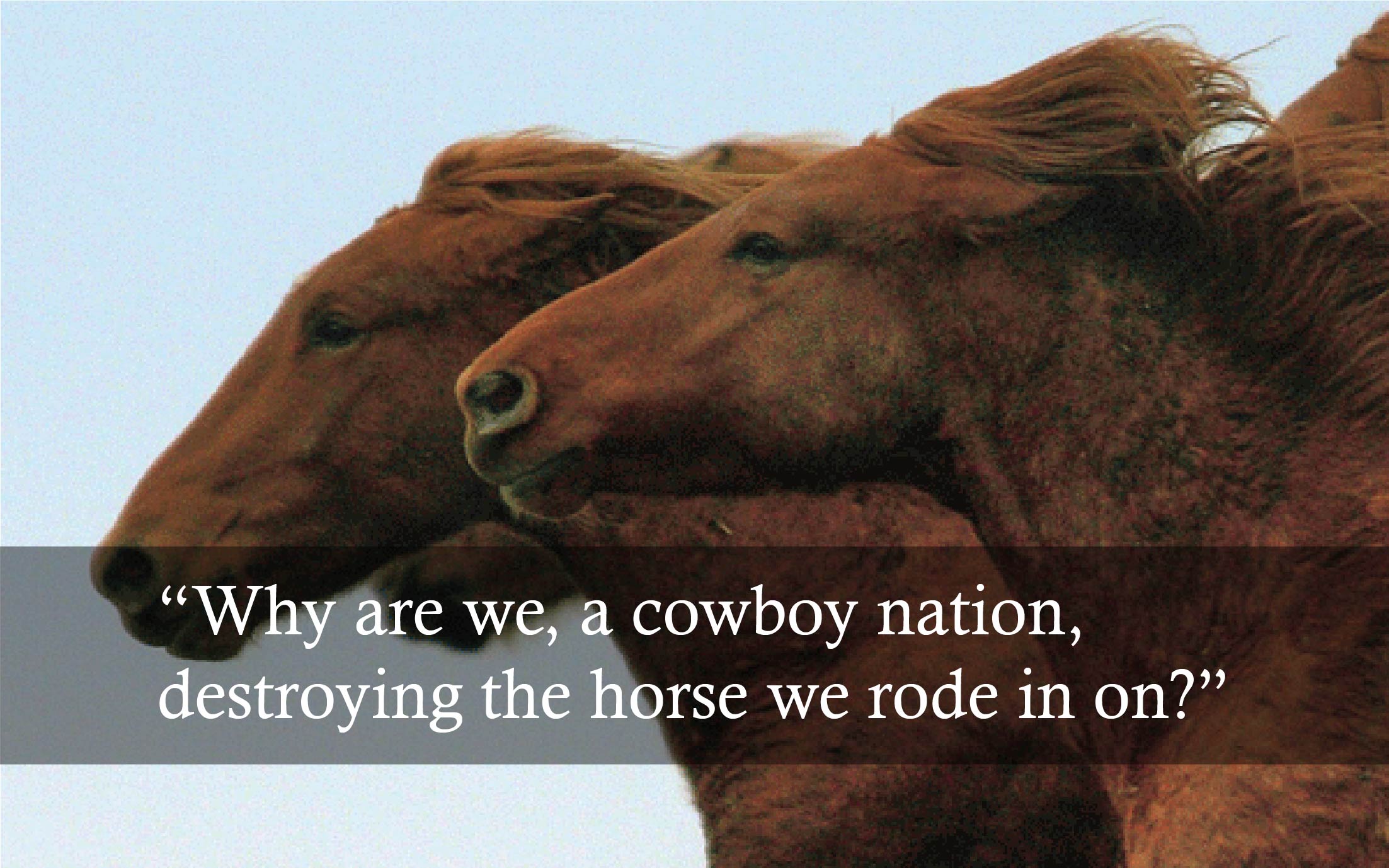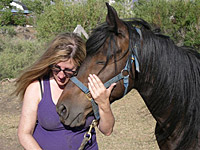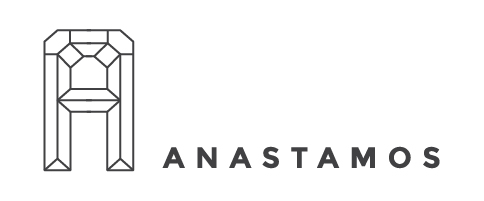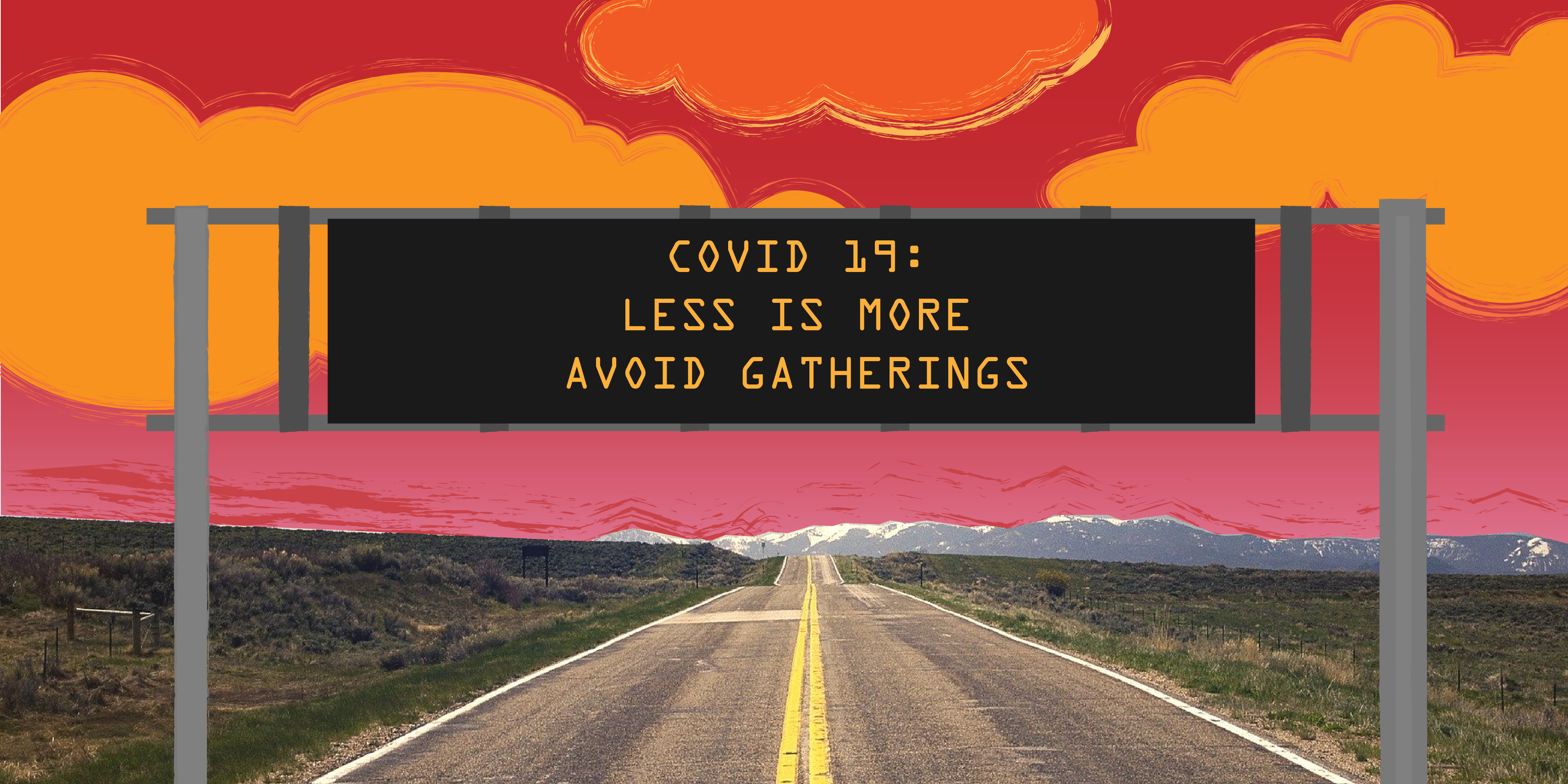
No Horse, No America: An Interview with Deanne Stillman
Science has been undergoing a bit of an identity crisis, the certainty implied in terms foundational to the discipline like “impartiality” or “objectivity” growing awfully wobbly. And as we revisit the skewed results of experiments done largely by and for white men, we also revisit their language to see how many of the gender- and race-based differences they describe to be socially constructed. This is a reawakening that seems like it has been going on for a while. While I may have been blown away five or six years ago by Emily Martin’s breakdown of our fairytale framing of reproduction in “The Egg and the Sperm,” the article itself was published in 1991. And yet, it shocked me enough in its relevancy that I went on to complete an entire degree in gender studies. I imagine this is how some feel as segments about “gender bias in science” pop onto NPR today. I remind the part of me surprised that this is still where we are in the conversation that my awakening was well behind that of many, and that outside of certain bubbles, the perception of science as objective is still very much alive.
And while I believed myself liberated of this perception, after reading Deanne Stillman’s Mustang: The Saga of the Wild Horse in the American West (2009), I realized I’d better take a step down from my academic pedestal. While the book is enlightening in numerous ways—tracing the wild horse from its evolutionary origins on North America to the eradication campaigns it faces today—as I read, one thought bothered me more than most: This horse, the wild and free mustang, is one of those “invasive species”? One of those destroyers of ecosystems? Parasites of local economies? I heard the term often enough, even grew excited at the mention of new ways to combat them, and never did I question the need for such charged rhetoric. Until I did, in an interview I was fortunate enough to conduct with essayist, playwright, professor, and author of numerous works of literary nonfiction Deanne Stillman.
Sam Risak (SR): In Mustang, you take us through the horses’ history in the United States, opening with Cortes’s use of the animals in his conquering of the New World. Time and time again, we see how America used the horse to invade and win wars—ironic considering the horses’ current label as an invasive species. Did this ‘invasive’ parallel drive the structure of your book? And if so, what do you hope readers take away from it?
Deanne Stillman (DS): Actually, I take the history back further than that. In the chapter called “Dawn of the Mustang: Eohippus to Equus,” I talk about the fact that the horse is indigenous to this continent. It evolved in North America, then headed across the Bering land bridge in Alaska, and then fanned out across the world, evolving as it went. Meanwhile, it went extinct on this continent, and then returned with conquistadors. I say “returned” because there has in fact been a DNA match between the horses of the Ice Age on this continent and the horses that arrived in the New World with Cortes and other conquistadors. These horses became the basis for many of the wild horses that range across the West today, though some mixed with cavalry horses and others over time. So what’s ironic is the fact that the wild horse has, in the course of the last couple of hundred years, become demonized in various quarters as an “other” when it is in fact indigenous, as science has shown. I talk about this demonization in other chapters that explore the history of rodeo, for instance; rodeo was when we first started seeing terms such as “outlaw” and “son of a bitch” used in reference to wild horses. Later, when cattle grazing took over public lands, the term “varmint” was rolled out in reference to mustangs. In other words, they had to go.
So it’s not so much that the “invasive” parallel drives my book, but rather it’s the idea that “it’s come to this.” As I ask in Mustang, “why are we, a cowboy nation, destroying the horse we rode in on?” I am talking about a spiritual sickness in this country that needs to be reconciled. Of course we are seeing this now played out in spades, with coronavirus upon us, a plague that comes out of wild animal markets in China. Nature is now responding to the endless assaults all over the planet, and our wars against what’s wild must now come to a halt. For more, there is this, which I wrote awhile ago about a trip I made to the Little Bighorn battlefield for the annual commemorations. https://www.truthdig.com/articles/the-battle-of-the-little-bighorn-and-our-war-against-the-wild/
SR: A main argument fueling the often-cruel means of population regulation for mustangs is their lack of purpose when compared to other grazing animals like the cattle our agricultural industry depends on. To what extent do you think capitalism fuels our attacks against the horse? Do you think America has space for both? Or are capitalism and the mustang set in a permanent patriotic clash?
DS: Those are great questions. At the beginning of the 20th century, the time of the horse as our partner had come to an end. The car was here, and before that the railroad. We no longer needed it for transportation and that’s when the mass round-ups began. The mustang came to be viewed as a cash crop, part of the bonanza in the open spaces of the West. Millions were shipped to the slaughterhouse and the railroads offered special “per pound” rates for wild horses. This machine was voracious and yes, capitalism, unchecked capitalism that is, propelled it. Fortunes were made then as the range was cleared and then cleared again, often to make way for cattle. But there were other things afoot as well. Across the West, there are other valuable resources – timber, minerals – and mustang herds were viewed as being in the way. Today, under Trump, grazing fees – meaning the amount that the federal government charges ranchers to graze their cows on public lands – are at their lowest point ever. In the late 1800s, there was a popular book called The Beef Bonanza and it was read widely in England and Scotland, attracting many emigrants to the Great Plains and the West. Today the bonanza continues unchecked.
We have plenty of wide open space in this country; certainly there is room for wild horses and grazing at the same time. It’s already happened WITH heavier regulations. There really isn’t a clash, other than the one that is commercially driven. But again, the horse is indigenous, and the cow is not. The horse is protected by a federal law. The cow has a powerful lobby, as do the other industries that ply public lands. By the way, this is not to demonize cows; it’s not their fault! Part of the problem here is that our great icon, the cowboy, is part and parcel of the wild horse/cattle puzzle, and it’s very hard to imagine American without this most basic part of our identity. But, as I write at the end of Mustang, if we can’t reconcile our schizophrenic nature – our love of freedom versus our urge to dam it up, wall it off, round it up – the one of these days, America is going to walk on down the road, on foot, without a horse.
By the way, even Paul Revere’s horse had wild horse bloodlines, as I recount in Mustang. America was born in hoofsparks, as per Longfellow’s famous poem about Revere’s ride (“The British are coming!”). Yet we seem to have forgotten all about that, and remembered only the guy on the horse. Incidentally, her name was Brown Beauty, and when the British captured Revere after the ride, she collapsed and died. So here we have a horse dying in service of giving birth to this country.
SR: In the pandemic that is COVID-19, reminders of how we contaminate our surroundings are everywhere—from freeway signs flashing social-distancing messages to the taped-off playgrounds. Even in America, the land of individual rights, we are instructed to not only worry about our own well-being, but the well-being of those around us. Do you believe this shift in perspective has the potential to expand beyond the virus to incorporate our responsibilities to the planet and the needs of other species on it like the mustang?
DS: I hope so, as I’ve said in my earlier replies here. We are already seeing signs that nature is on the rebound. Funny how it doesn’t take much. Birds are returning everywhere as cars and people disappear from freeways, parks, and beaches. Other animals are starting to make a comeback. Already some mustang round-ups planned by the government for this summer have been postponed (though that can easily change down the line; wild horses have not had a friend in the White House since Richard Nixon).
But clearly, there is a worldwide shift across the board underway. We are in a moment of great danger and great promise. It’s going to take a long time to right the ship, but there is an opening right now and we can do this. The planet can take care of itself if we treat it with respect. Horses have been on this continent since the Ice Age and having re-established themselves in a land where they seem destined to endure, they are not going anywhere. Now, the task for us is to honor them as our partner and great icon of freedom, not just revere muscle cars called “mustang” or have football teams called “broncos” and so on. No horse, no America, as I often say, and if it goes, our spirit is greatly diminished.

Stillman and Bugz at Wild Horse Spirit in Carson City, NV, where the horse lived after being rescued in the Virginia Range outside Reno following the massacre of her band during the Christmas holiday in 1998. Stillman tells her story in Mustang, and also the story of the Virginia Range horses.
For more on Deanne Stillman and Mustang, see Pam Houston’s review in the LA Times: https://www.lapl.org/collections-resources/e-media/podcasts/aloud/mustang-saga-wild-horse-american-west and her conversation with fellow nonfiction author Samantha Dunn at the LAPL for the Aloud series: https://www.latimes.com/archives/la-xpm-2008-jun-29-bk-stillman29-story.html
Works published in Los Angeles Review of Books and Entropy and upcoming in The Writer’s Chronicle, Terrain.org, and Crab Orchard Review, Sam Risak is a Florida transplant pursuing an MFA in Creative Writing and an MA in English Literature at Chapman University.


